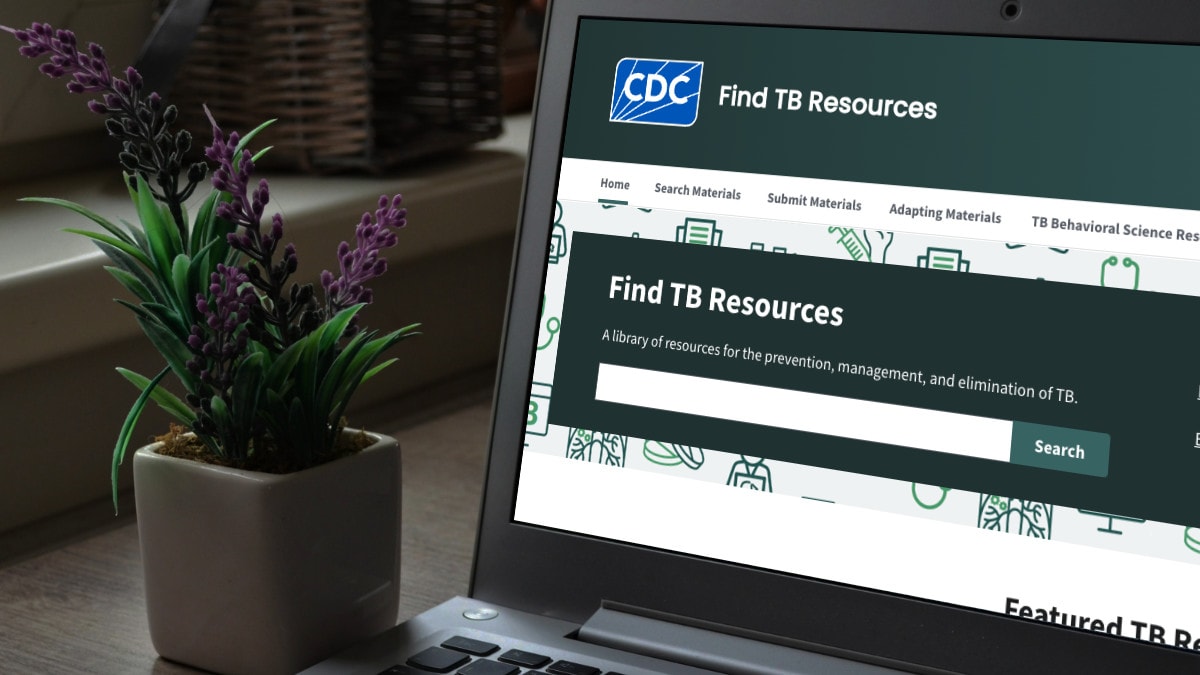At a glance
Hepatitis B and hepatitis C elimination reports, Together TakeMeHome report, CDC Correctional Health newsletter, new Director of Division of Sexually Transmitted Infection Prevention, Sirius XM report, events
Stay Connected
Get Connections in your email
From the director

Dear Colleagues:
Hepatitis B is preventable with vaccination and hepatitis C is curable with treatment, still they remain leading causes of liver disease (cirrhosis) and liver cancer globally. Liver cancer remains deadly, with only 21.7% of people surviving 5 years after diagnosis. Vaccines and treatment for viral hepatitis are important cancer prevention tools in our toolbelt. CDC has recently published two MMWR articles that highlight global efforts to combat hepatitis B and hepatitis C:
Progress Toward the Elimination of Hepatitis B and Hepatitis C in the Country of Georgia, April 2015–April 2024. The country of Georgia, in collaboration with CDC, the World Health Organization (WHO), and other partners, launched the world's first nationwide hepatitis C elimination program in April 2015. The year the program started, 2.8% of adults had hepatitis B and 5.4% of adults had hepatitis C in the country of Georgia, which is more than five times the global average. The report outlines the progress Georgia has made:
- By April 2024, nearly 90% of adults had been screened for hepatitis C. An estimated 83% of adults with chronic hepatitis C were diagnosed, of whom 86% started treatment.
- From 2015–2023, more than 90% of infants received the complete hepatitis B vaccination series.
- In 2021, the prevalence of hepatitis B in children was 0.03%, which is well below the global elimination target of 0.1%.
Most chronic hepatitis B infections are acquired through mother-to-child transmission (MTCT) or through transmission in early childhood. If a hepatitis B infection is acquired before the age of five, it's more likely to become a lifelong infection (chronic hepatitis B), which can cause serious health problems when left untreated. Since 1999, the Pan American Health Organization (PAHO) has recommended the 51 countries and territories in the WHO Region of the Americas (AMR) provide a complete hepatitis B vaccination series to all infants.
- As of 2021, all 51 AMR countries provide hepatitis B vaccine and 67% of AMR countries also provide a universal birth dose.
- Hepatitis B prevalence among children has met the global target of less than 0.1% in 14 countries.
- From 2012-2022 hepatitis B vaccination coverage decreased by 10% in 15 countries, but 7 countries do not yet provide a birth dose.
Both reports demonstrate the incredible progress we have made towards eliminating hepatitis B and hepatitis C, but also highlight there is still work to do. As clinicians, policymakers, and public health professionals, I hope we take the lessons learned from these programs and apply them to our own communities.
Publication highlights
Findings from the First Year of a Federally Funded, Direct-to-Consumer HIV Self-Test Distribution Program — United States, March 2023–March 2024
In September 2022, the Together TakeMeHome (TTMH) program was created to begin expanding the distribution of HIV self-tests (HIVSTs) by having consumers order kits directly to their home by using an online portal. From March 2023-March 2024, approximately 440,000 HIVSTs kits were mailed to U.S. residents, including those who were disproportionally affected by HIV. Through these HIVSTs, 1.9% reported receiving a positive result and many consumers seeking additional clinical services. To learn more about this important program please see the MMWR article.
Suggested sources: Sanchez T, MacGowan RJ, Hecht J, et al. Findings from the First Year of a Federally Funded, Direct-to-Consumer HIV Self-Test Distribution Program — United States, March 2023–March 2024. MMWR Morb Mortal Wkly Rep 2024;73:558–564. DOI: http://dx.doi.org/10.15585/mmwr.mm7324a4.
New product offerings
New! CDC Correctional Health newsletter
CDC's Correctional Health Newsletter streamlines communications on correctional health topics and activities from across CDC, to share with external partners and the public. Launched in June 2024, the next issue drops August 28th to subscribers only. Subscribe now so you don't miss an issue. For questions or to submit content for future issues, email correctionalnews@cdc.gov.
Updates to the Find TB Resources website

Check out the updates to the Find TB Resources website, including a searchable database of over 1,700 TB-related education and training materials; an improved design and search features; an online form for submitting TB education and training materials to the database; the ability for users to customize a list of their favorite resources; and, for TB professionals and researchers, the availability of essential tools on the newly updated TB Behavioral Science Resources website.
News media updates
CDC announces new Director of the Division of STD Prevention

CDC is pleased to welcome Dr. Bradley Stoner, MD, PhD, who joined as the permanent Director of the Division of STD Prevention on July 29, 2024. Dr. Stoner will continue CDC's work to advance health equity and eliminate health disparities among populations disproportionately affected by sexually transmitted infections.
SiriusXM Doctor Radio interview with Dr. Mermin on the state of HIV, STIs, and TB
SiriusXM's Doctor Radio aired an interview with Dr. Mermin discussing the state of HIV, STI, and TB prevention and treatment. During this interview they discuss a wide variety of topics including rising cases of syphilis and congenital syphilis, the need to strengthen and maintain TB control activities in the US, the expansion of PrEP, and much more. More information and a link to the interview can be found at SiriusXM's Doctor Radio.
Events
September 16 – 19: STI Prevention Conference
September 17 – 19: TB ETN and TB Program Evaluation Network Conference
September 18: National HIV/AIDS and Aging Awareness Day (NHAAD)
